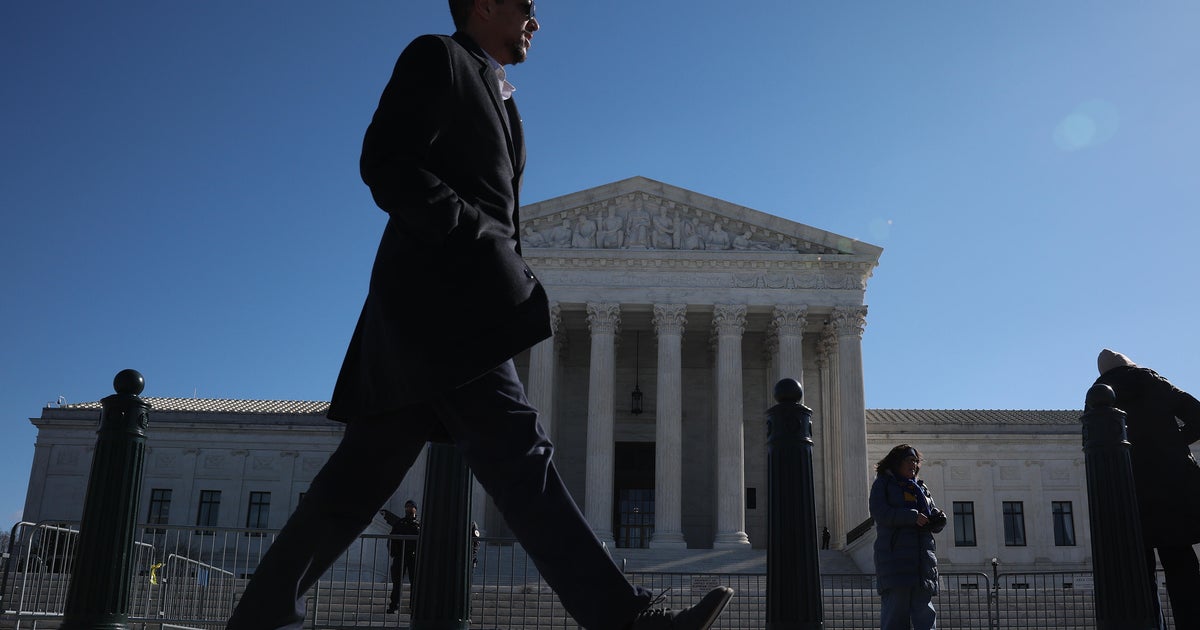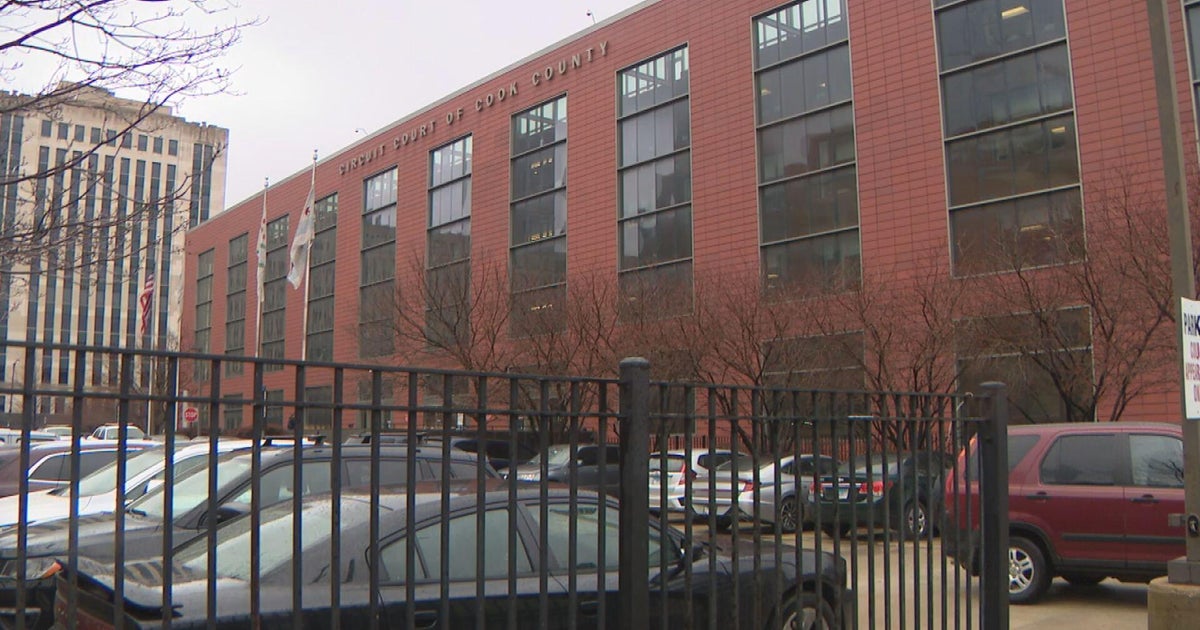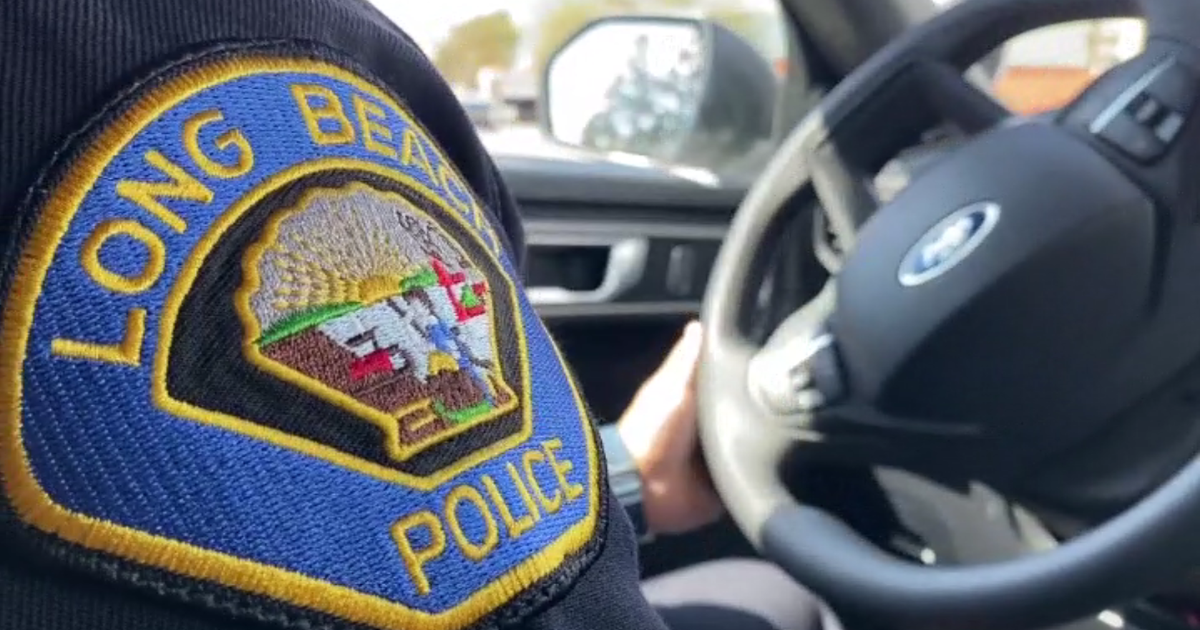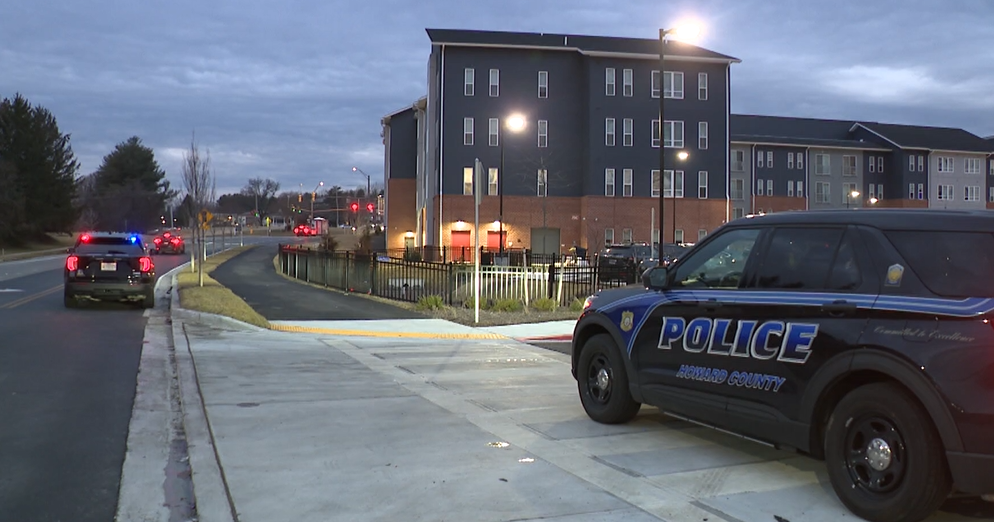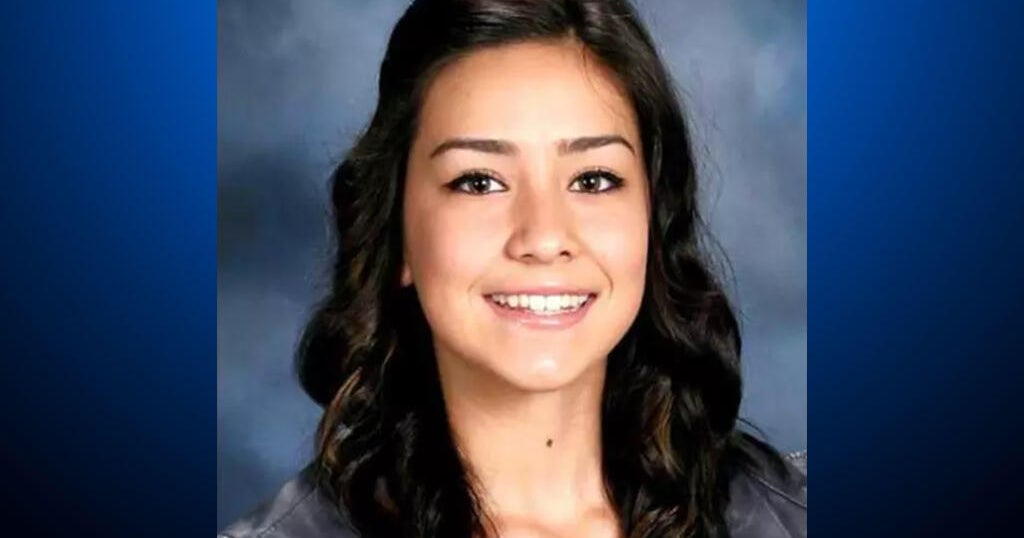Supreme Court Takes Up Question Of Arrestee DNA Sampling
WASHINGTON (WJZ) -- After being challenged as unconstitutional, Maryland's DNA collection law is now under review by the U.S. Supreme Court.
Monique Griego attended a hearing that had justices questioning both sides of the issue.
The Supreme Court heard arguments for about an hour Tuesday. Justices will now have to decide whether to overturn a law that allows law enforcement to collect DNA from people arrested but not yet convicted. If the law is overturned, it could have repercussions here in Maryland and across the country.
It's now up to the United States Supreme Court to determine whether Maryland's DNA collection law is unconstitutional.
"This is one of the most important criminal procedure cases they've had in decides because DNA is the 21st century fingerprint," said Maryland Attorney General Doug Gansler.
Gansler says the law which allows police to collect DNA from people arrested but not convicted is a critical tool in solving crimes, especially cold cases. Twenty-eight states currently allow arresting DNA.
"The use of a technology that we have that tells you exactly who did the crime but also who didn't do the crime would be lost for the state [if overturned]," Gansler said.
At the center of the debate is the case of Alonzo Jay King. In 2009, King was arrested for assault. Police took his DNA and linked him to a 2003 rape. King's lawyers claimed officers violated the Fourth Amendment, which guards against warrantless search and seizure.
"The state conducted the search for the admitted purpose of investigating other crimes and crimes for which they lacked suspicion," said King's lawyer, Kannon Shanmugam.
But for victims, it's all about finding the truth. In 2003, Jay Ann Sepich's daughter Katie was brutally raped and murdered in New Mexico. It took three years to track down her killer using DNA, even though he'd been arrested several times since.
"And that's one of the reasons we believe it's so important, because it brings justice so much sooner," Sepich said.
Justices hope to have their decision by June.
Since being passed in 2009, arresting DNA has led to convictions in 43 unsolved crimes in Maryland.
